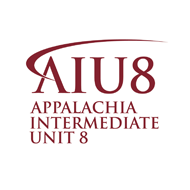Iraq
(View Complete Item Description)Iraq today is in turmoil; it is considered unstable economically and politically. Prior to the United States’ invasion, Saddam Hussein, who was known as a brutal dictator, was responsible for the torture and death of Iraqi citizens. This seminar will provide insight into the life and death of Iraqi citizens under the Hussein regime. Learning Target: I can create a logical argument explaining why Saddam Hussein’s actions in Iraq needed international intervention.StandardsCC.1.2.11–12.C - Analyze the interaction and development of a complex set of ideas, sequence of events, or specific individuals over the course of the text.CC.1.2.11–12.E - Analyze and evaluate the effectiveness of the structure an author uses in his or her exposition or argument, including whether the structure makes points clear, convincing, and engaging.
Material Type: Lesson Plan




















